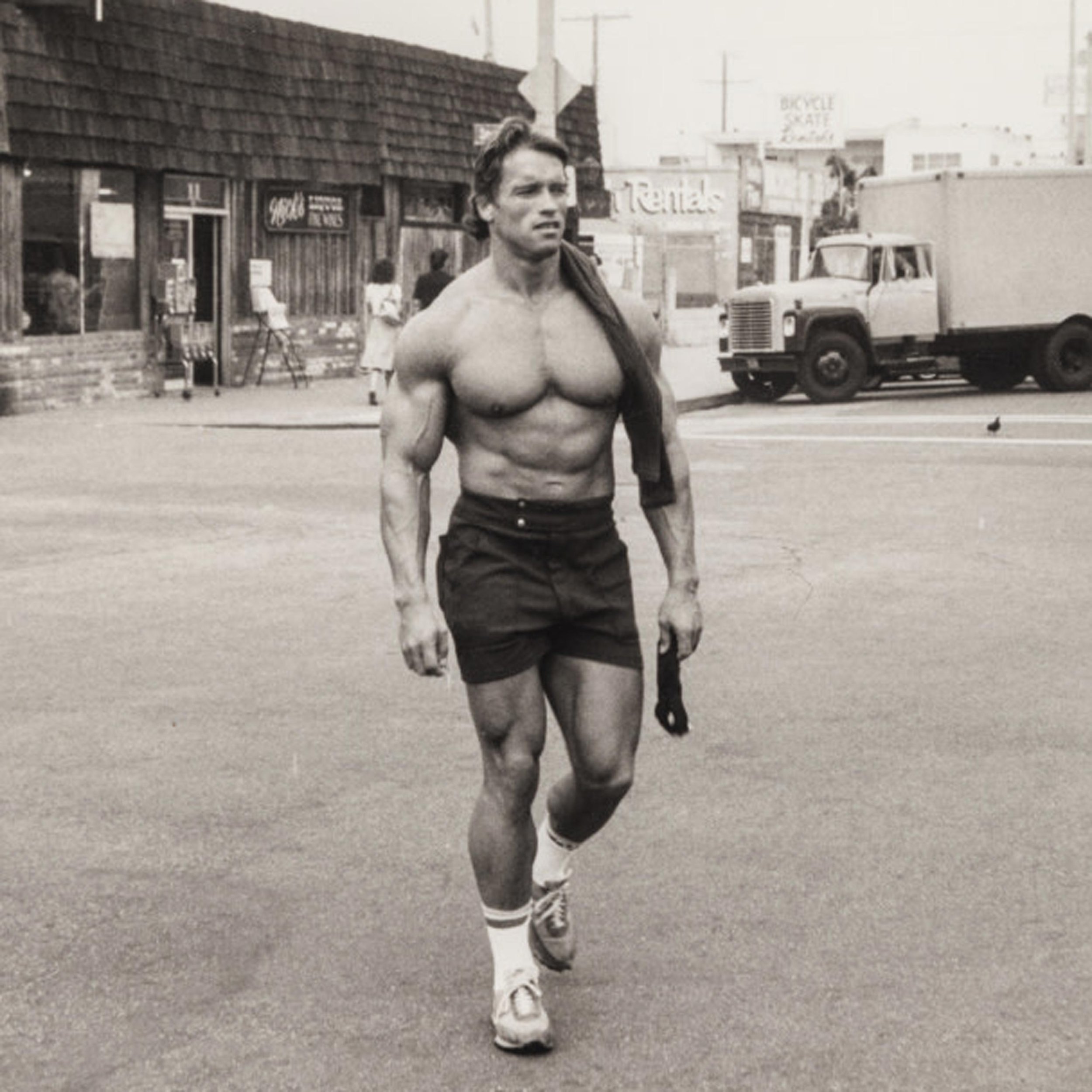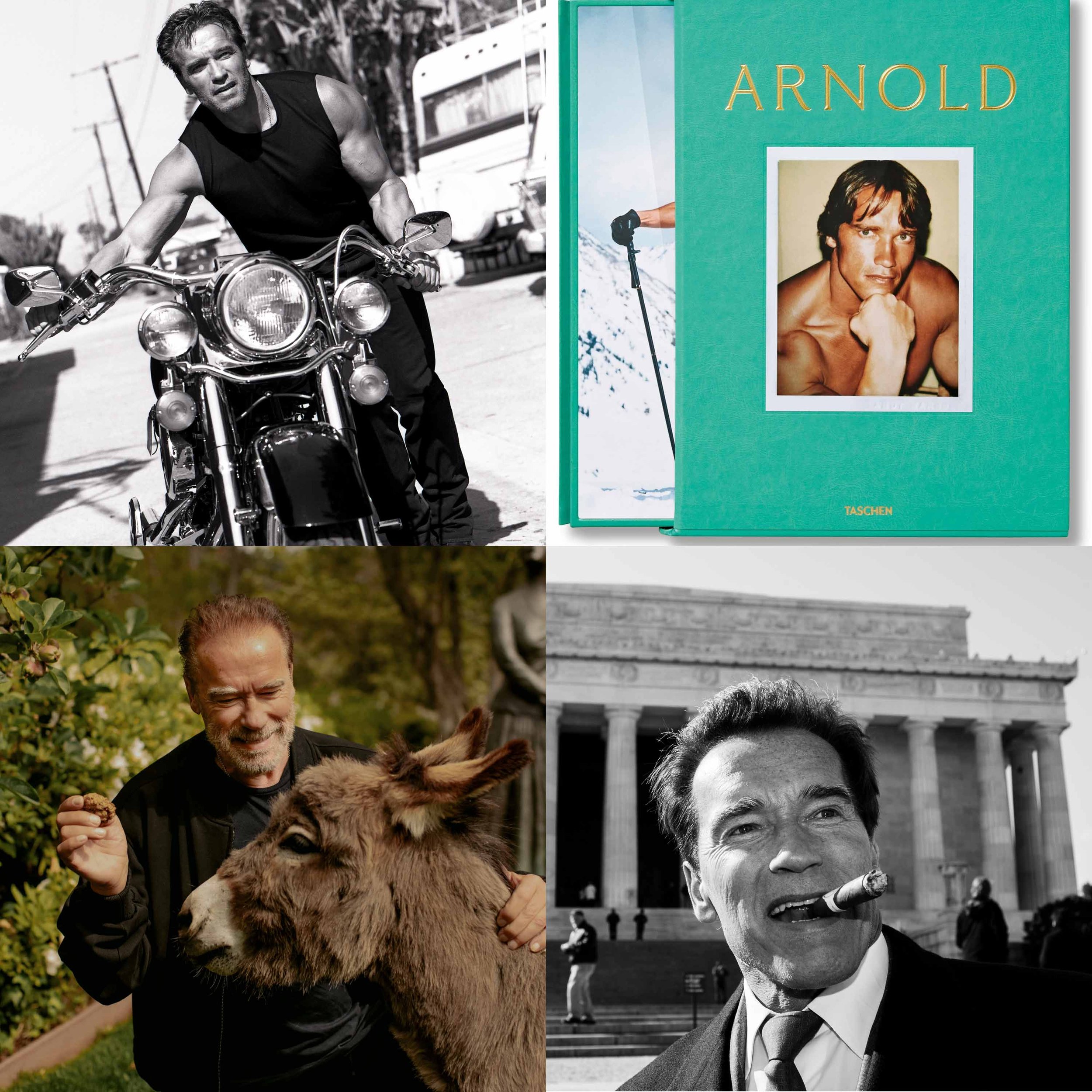Highlights - LEAH THOMAS - Author of The Intersectional Environmentalist: How to Dismantle Systems of Oppression to Protect People + Planet
/Author of The Intersectional Environmentalist: How to Dismantle Systems of Oppression to Protect People + Planet
Founder of @greengirlleah & The Intersectional Environmentalist platform
Intersectional Environmentalism to me means prioritizing social justice in environmental movements and really thinking about what communities are most impacted by different environmental injustices. So, for example, in the United States, a lot of communities of color, Black, Indigenous communities, and also lower-income communities struggle with things like unclean air and unclean water, and those are environmental injustices. So I thought it was important to have an intersectional approach to environmental advocacy that doesn't ignore these things and these intersections of identity, but explores them to make sure that every community, especially those most impacted by environmental injustices, no longer are. And I wanted to write a really accessible introduction that was targeted at school kids or anyone who wants to learn more.





